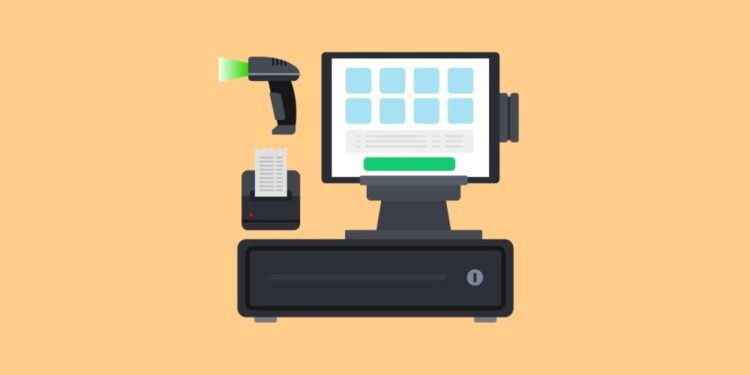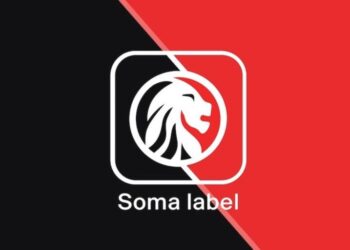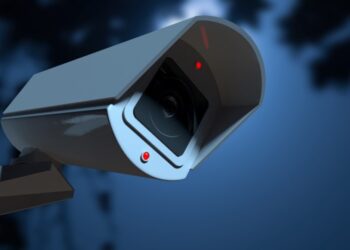Due to factors like their simplicity and affordability, modern-day point-of-sale (POS) systems that go beyond simple cash registers have become popular among small businesses. More than simply serving as digital cash registers, advanced POS systems can now serve as integrated solutions that encompass inventory management, accounting, sales, human resources, customer relationship management (CRM), and other mission-critical functions. If it’s your goal to level up your business, one of the first things you should invest in is a reliable POS.
As one of the main points of contact with your customers, your POS system must work consistently and efficiently so as to help your team manage day-to-day tasks with the utmost ease. That being said, there are a lot of things that you should consider to find the right POS solution for your small business. You’ll want to onboard a POS system whose type, scale, and functionalities can add value to your business and allow you to exceed your industry’s expectations, rather than simply keep your company afloat.
Here are factors to consider when choosing a POS system.
1. Type of POS solution
When shopping around for POS solutions, you’ll need to know about the various types of POS system and what each type may be able to offer your business. For example, terminal or desktop POS systems are often considered the standard solution for high-volume businesses that offer low-to-mid-range products, like retail outlets and bookstores.
These all-in-one solutions often have features ranging from card-swipers to e-commerce integration, which will be helpful if your business is starting to pick up and you’re currently working on expanding your staff. Other types of POS systems worth considering include mobile variants and self-service kiosk solutions. Ultimately, knowing the right POS system for your venture will help you avoid overspending on tools, thus allowing you to optimize the budget of your small business.
2. Suitability for the merchandise you’re selling
At its core, a good POS system should be able to support all inventory-related matters involving the type of products that you offer. For instance, if you’re selling shoes, you’ll need a POS tool that can track items based on size, color, design, and other attributes. If you’re in the food and beverage (F&B) business, however, you’ll need a solution that can track and record ingredients as well as reorder raw materials as necessary. Monitoring your stock is a crucial part of running a small business, and it’s something that an efficient and industry-appropriate POS system can adequately streamline.
3. Capacity to manage sales and customer interactions
The latest POS tools are also designed to record business performance and support sales-related initiatives. Suppose you plan to expand your marketing through promos such as a customer loyalty program and other rewards programs. In that case, you may need to check if your POS system is efficient in recording customer information and generating relevant insights that would inform your business’s growth strategies.
Ideally, your POS system should have the capacity to track things such as product preferences and other customer-provided data to deliver a more personalized experience. Your POS tool should also be able to track purchases and manage product returns to help boost customer satisfaction. If you’re able to achieve this level of seamlessness in customer interactions, you’ll be able to improve your brand’s image while solidifying customers’ loyalty to you in the long run.
4. Integration with existing tools
Small businesses often have to work with budget restrictions that require them to forgo fancy tech in favor of the bare necessities. It’s mostly for this reason that an integrated POS tool can be a lifesaver for emerging ventures that also need to get the most value out of their capital. If your new POS solution can integrate with the other tools that you’ve implemented for your business, all without causing additional friction or requiring you to spend on more expensive software, it will be worth your investment.
For example, your business may have already made the effort to roll out technologies like payment processors, accounting apps, and ecommerce tools. A good POS system for a small business should be tech-agnostic enough to be compatible with a wide range of tools that are already being used by your team. With an integrated POS solution, you won’t need to go through the hassle of replacing existing apps, software, and other tools just to keep them aligned with your POS platform. Plus, you’ll be able to eliminate unnecessary manual processes as well as potential discrepancies that come with using different systems.
5. Availability of customer service
As a business owner, you should be prepared for when things go wrong on the tech side. That means ensuring that your POS tool has options for accessible and readily available customer service. You may want to ask about your POS vendor’s capacity to provide extra services such as trial periods, onboarding, and priority support. Ultimately, these services may help prevent critical tech-related concerns that could impact the flow of your operations.
6. Implementation and upkeep costs
POS solutions providers usually disclose the pricing plans from the get-go, but it wouldn’t hurt for you to confirm all the things that will be included in your billing statement. For instance, you may need to shell out cash for rolling out the solution, getting customer assistance, and canceling your subscription.
In addition, your POS system may also require cloud hosting and additional devices or equipment. Since it’s likely that you’ll be working with a tighter budget compared to larger ventures, you need to be sure that you’re comfortable paying for the features and services that your POS vendor will provide.
Takeaway
The factors mentioned above are only some of the things that you need to consider before settling on a new POS system of your own. In addition to these, you should also think about what your competitors are using, the tool’s appropriateness for a team of your size, and how many people need access to the POS. Most importantly, you’ll need to establish a clear plan for your business’s future operations and determine how your new POS system fits into that vision.
Making these considerations will keep you from buying a product that won’t work out for you. What your actual POS must-haves really depends on you and the unique needs of your small business. The most important thing is to think carefully about the best type of solution for your business’s long-term growth.















